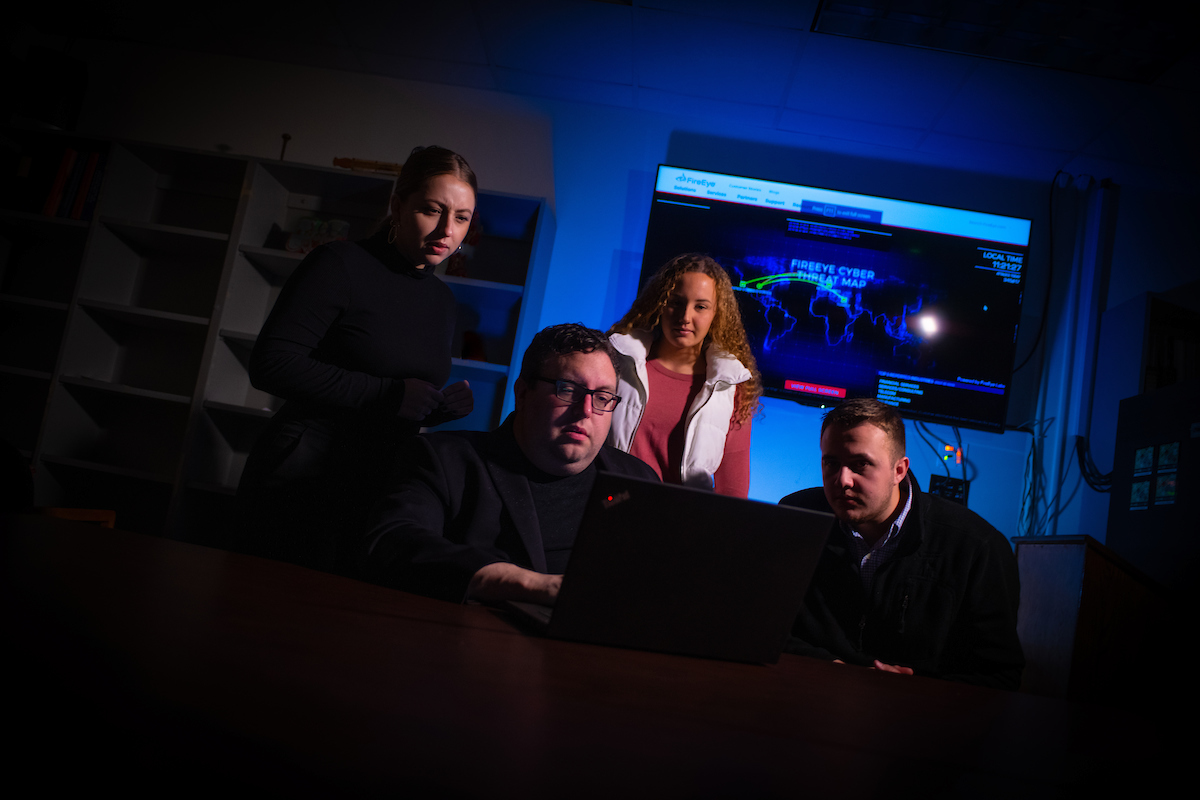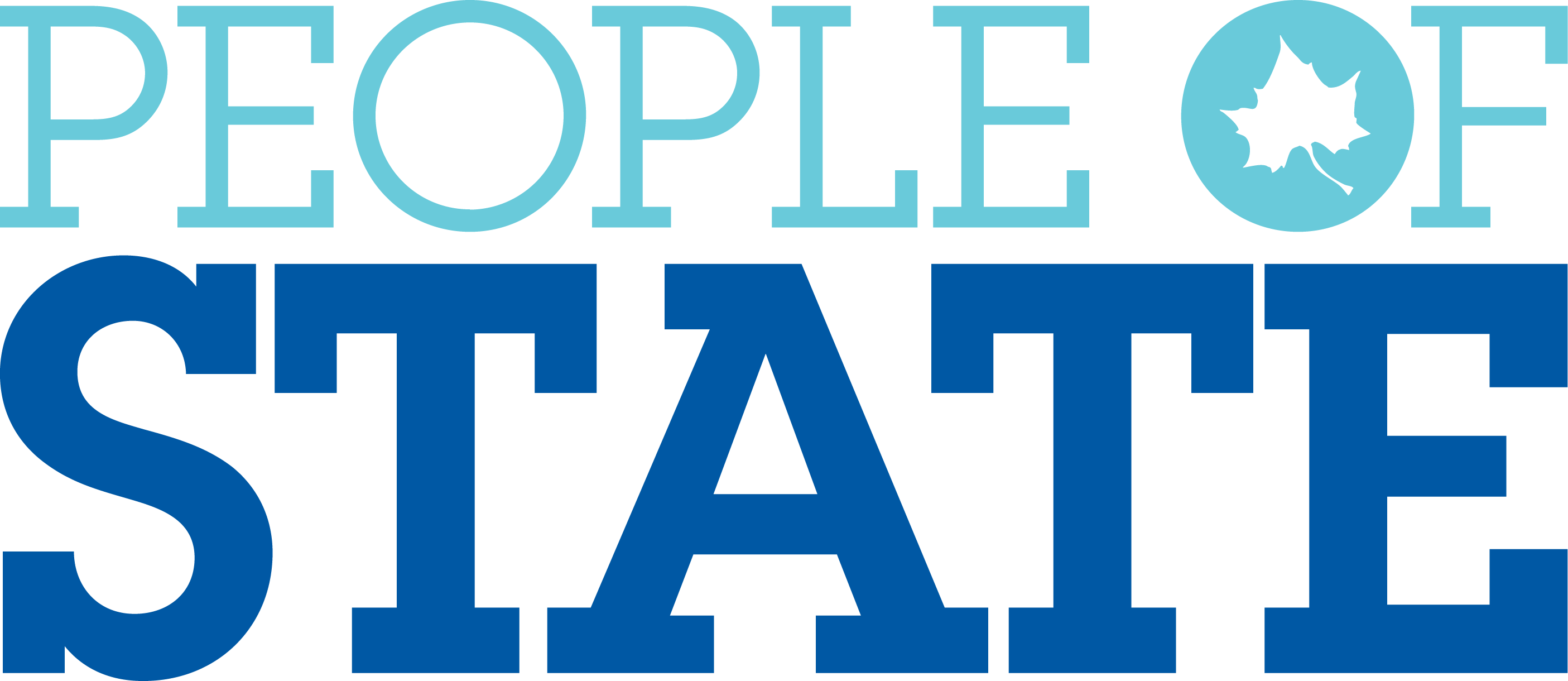
Tips to stay cyber secure
By Indiana State University
Mar 20, 2020
Social distancing, it’s an incredibly important word and it’s nearly a requirement for all of us currently. This means we’re spending more time at home, and more time on our computers and mobile devices. This isn’t necessarily a bad thing, but it does make us more vulnerable to cybercrime. To try and help combat this, I talked to Bill Mackey, ABD, an instructor for the School Of Criminology And Security Studies, about what we can do to stay safe during this time. He gave me a list of things to watch for and what actions to take when you spot potential cyber-crime.
Phishing (Type of scam) – going to be the biggest cybersecurity issue that students face
Phishing – emails meant to look official or realistic in an attempt to gain either information, money, or login credentials.
How to handle them/things to look for
- Sense of urgency: If the email says “Click here now/give this info now”
- Any suggestion that you can profit from this: You are entitled to ‘X’ amount since you’ve been subject to COVID-19 living conditions
- Requests for personal information: Anything official will not request for your personal information over email
- Always check the sender’s email address: Sometimes the email address will look real, but oftentimes there will be something slightly off about it, doesn’t seem quite right
- Generic salutations (i.e. Dear Friend, To whom it may concern, Dear Student): Something serious will be addressed only to you
- Logos that seem off, grainy, pixilated
- Grammar issues, looks like it was translated by Google and not an actual person: Official documents will be MADE TO BE OFFICIAL
- Mouse Over: Hover mouse over the link and look in the bottom of your screen. It will often say where it’s going to take you. The url link may say CDC.gov, but the cite that shows up in the bottom of the screen may show up totally different
Scams in general
Vaccinations, treatments, test kits – these are all going to be angles of scams that people use.
- This type of information will NOT come via email
- Learn these types of things by going to the CDC website by yourself, not through a link in an email, Always fact check.
Be aware of online stores that you don’t recognize or have never seen before, fake online stores are going to become a trend.
- Always google the name of the company, see how new they are, look for reviews
- Type the name of the company and then the word ‘scam’ into the search bar and see if other people have been scammed by them
Charity Scams
- Asking for donations and money
- FTC site has a whole section on whether or not charities are credible the IRS also has a ‘tax exempt organization search’ and you can search up the name of the charity and make sure that they are in fact legit
- Fake crowdfunding, fake GoFundMe pages, will play on emotions and such. No real way to know whether these are real. Google them just like you did the website to see if anyone else has been scammed.
Specific scams to look out for in the coming weeks
Emails from the CDC or what look like CDC emails: Links to information, things about your information in general, they will look official and very real. The email will either ask for you to click on a link or to give out information. These emails will play off fears!
The stimulus package: These emails will want you to click on it or send in information. Any information regarding stimulus packages will more than likely not be done via e-mail. If you ever want to check validity, it is ok to go to the website, but go there via your own search, never by clicking on a link sent in an email.
Student Loan Forgiveness: There WILL be scams and phishing emails sent to you about loans and forgiveness. Any kind of student loan information should always be verified by calling your lender.
Basic ways to keep yourself safe
- Have some security software and keep it up to date
- Use strong passwords and if you have any kind of security breach, or if you feel as though you may have made a mistake on this list, go change those passwords
- Be sure that your home network is secured, as well as cameras if they’re also connected to Wi-Fi.
- For Students – If possible, try to keep your work and play devices separate. Do schoolwork on your school laptop, fun searches on your phone or another laptop
- VTC Hacking – Zoom Jacking: Make sure that you’re watching the necessary information to be sure your conferences are safe and secure, rather than public. People are jumping in on conferences that they don’t belong in them and are doing things that can be severely disruptive to the online classroom. Make classrooms private and by invite only, and distribute the links to only the people who should be in the classroom
Additional Resources:
Michael Smith is a Marketing major and Networks Scholar, he is also a student writer in University Marketing.

